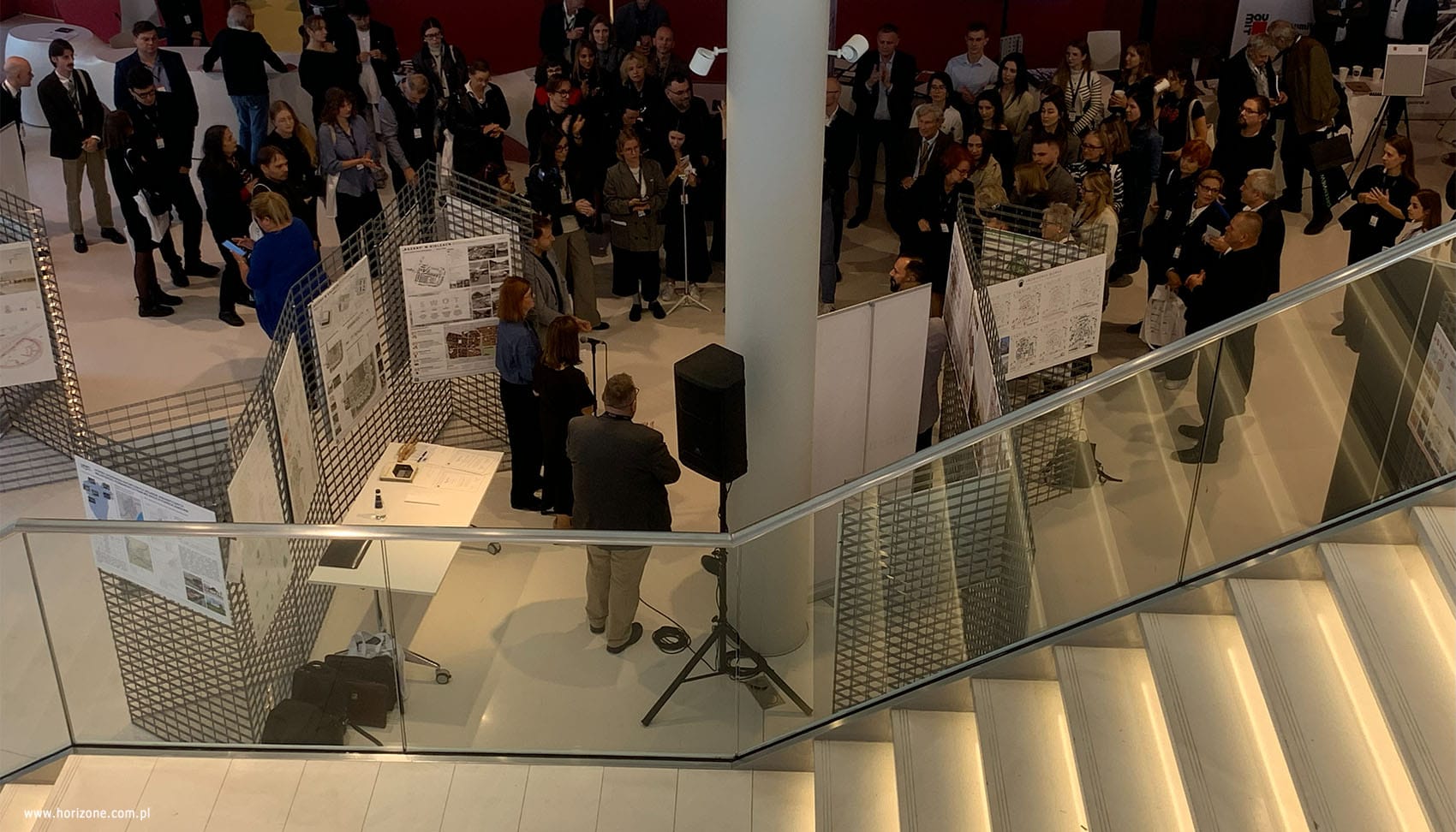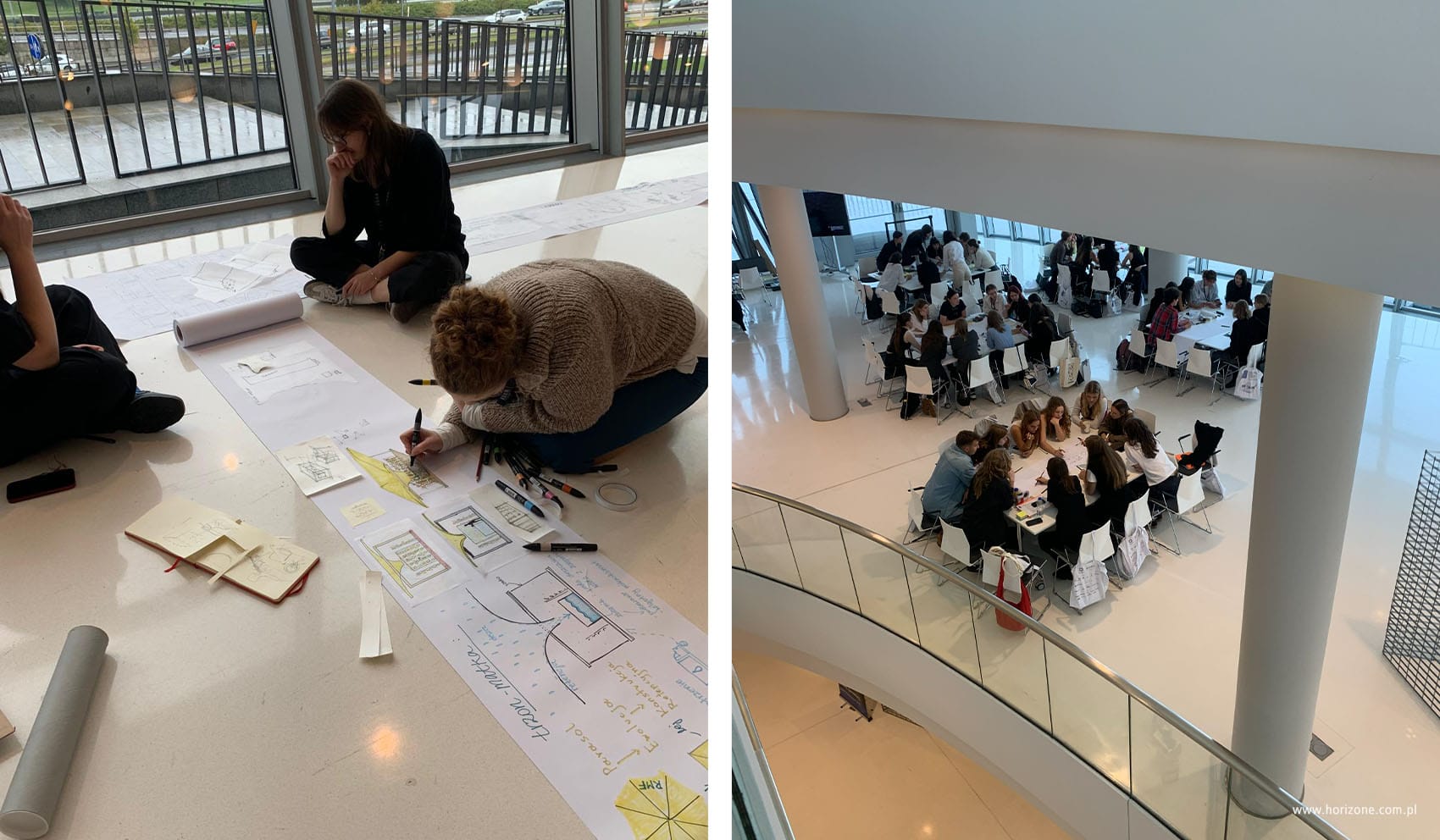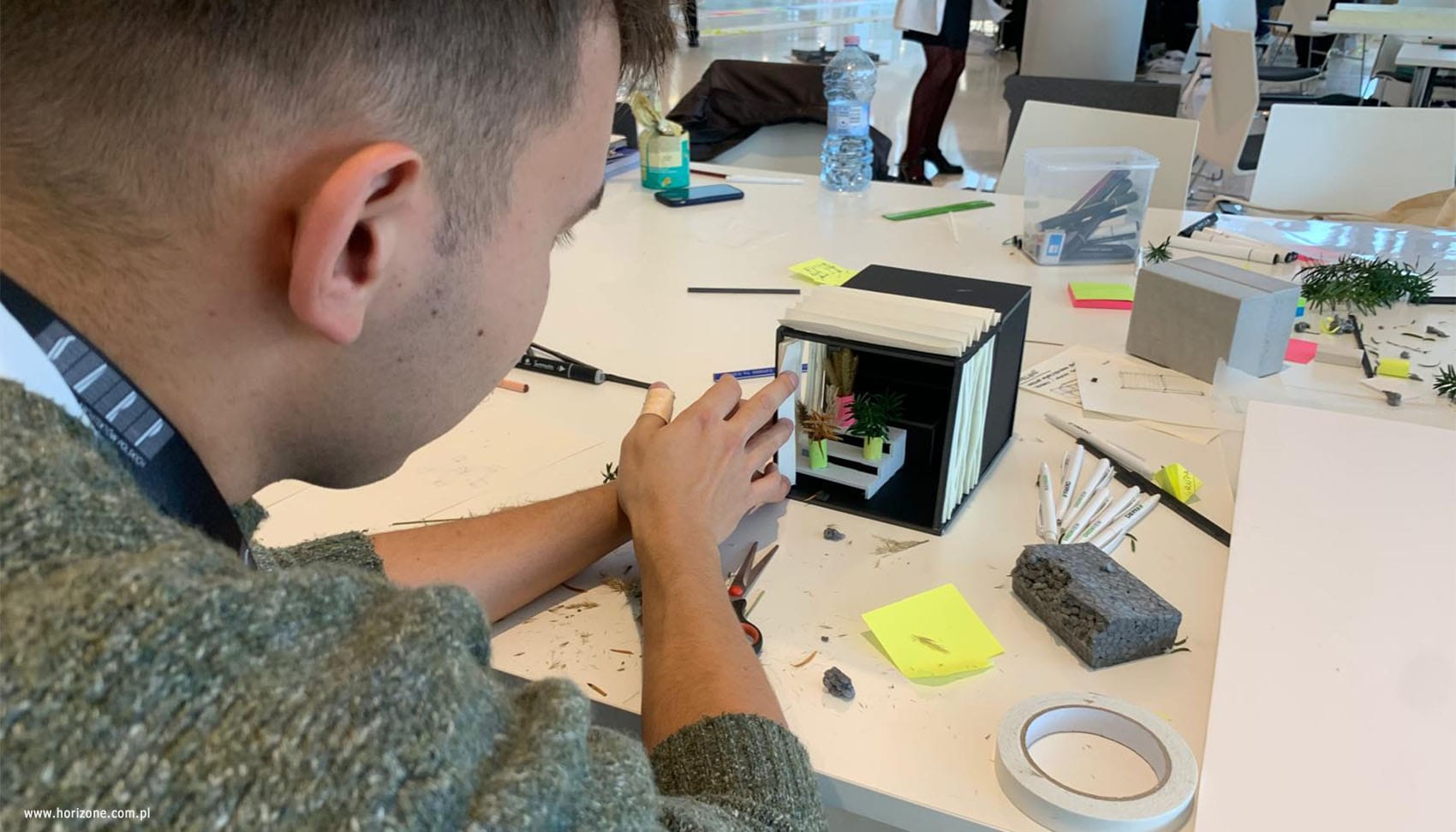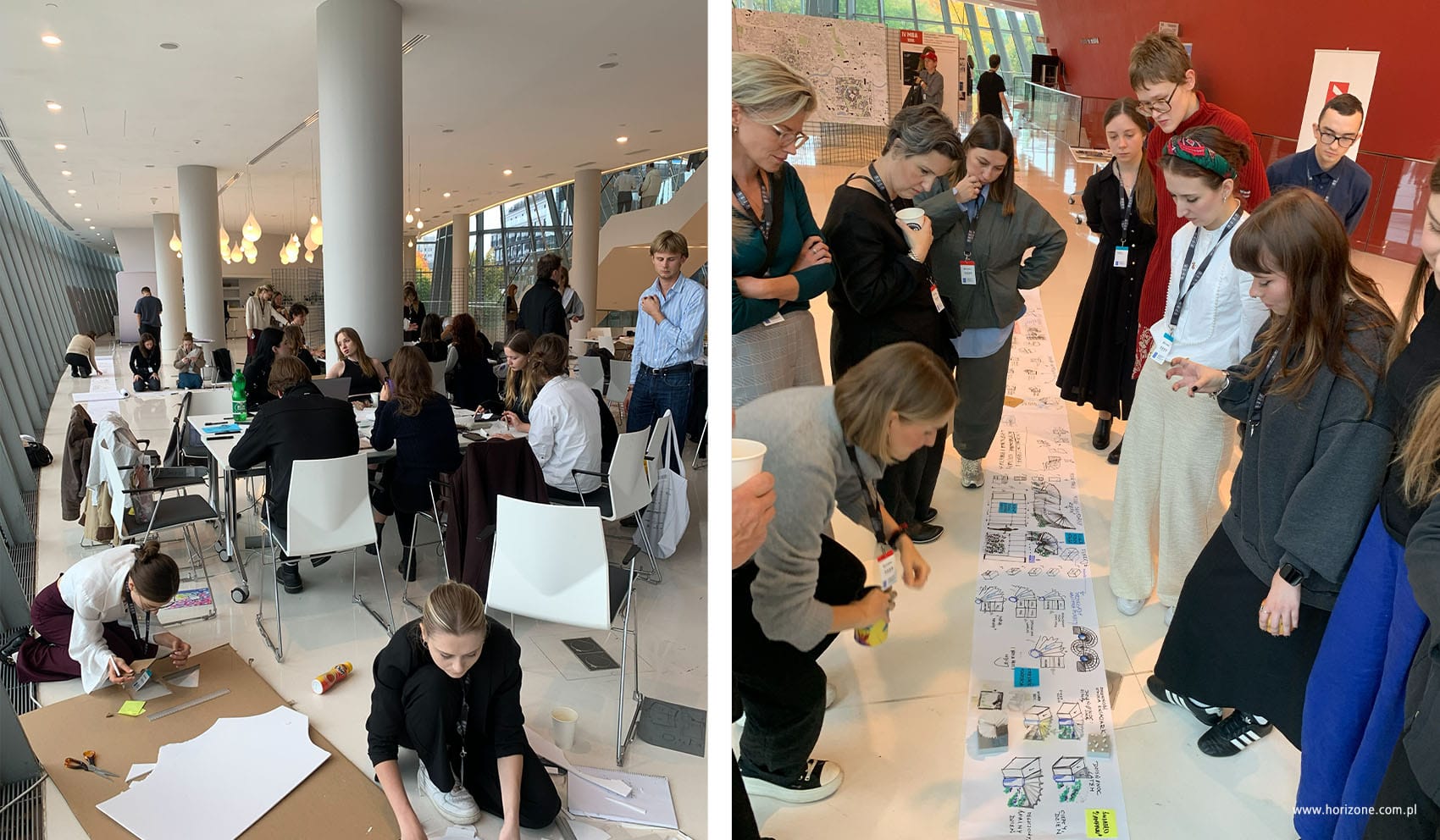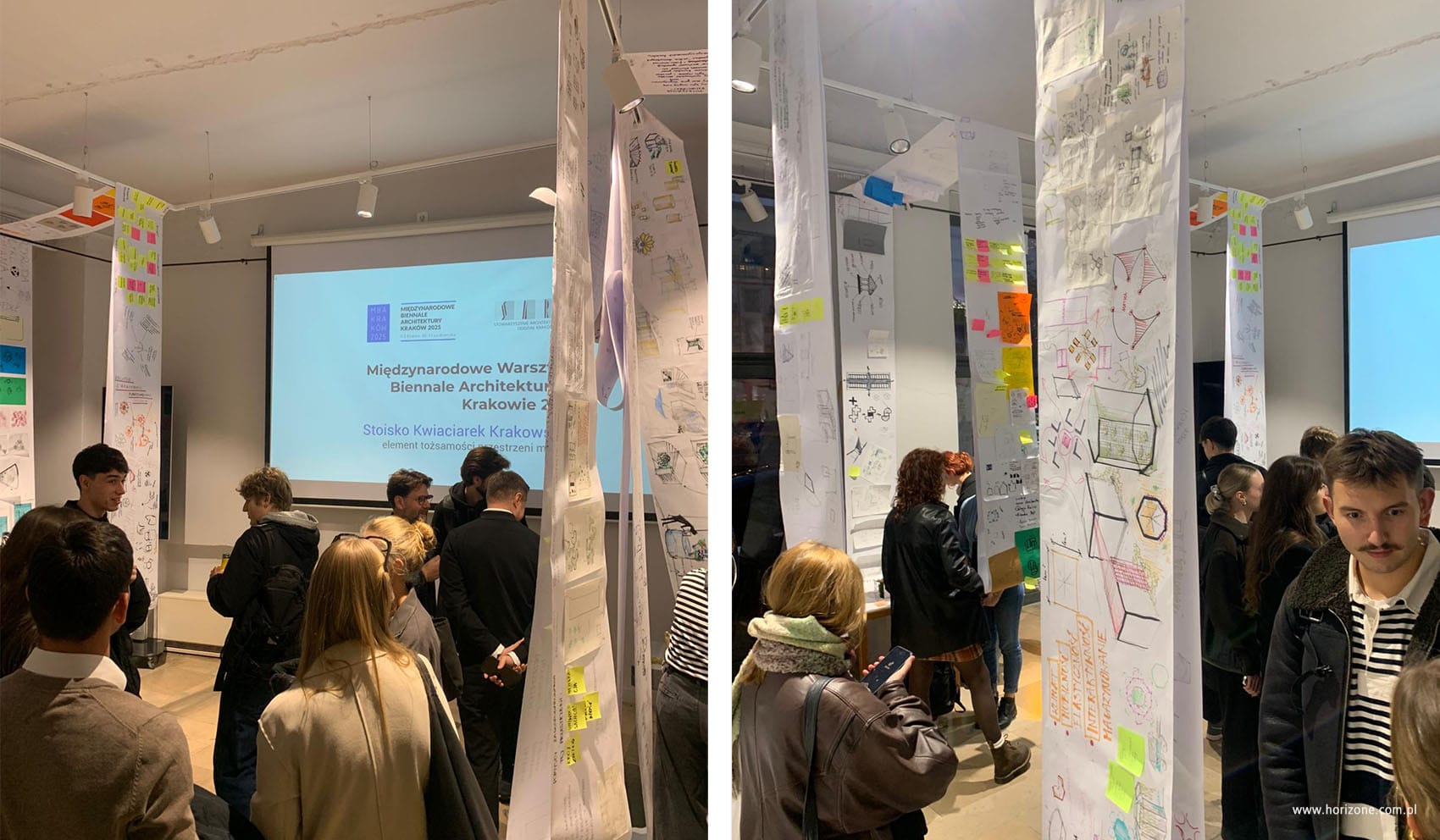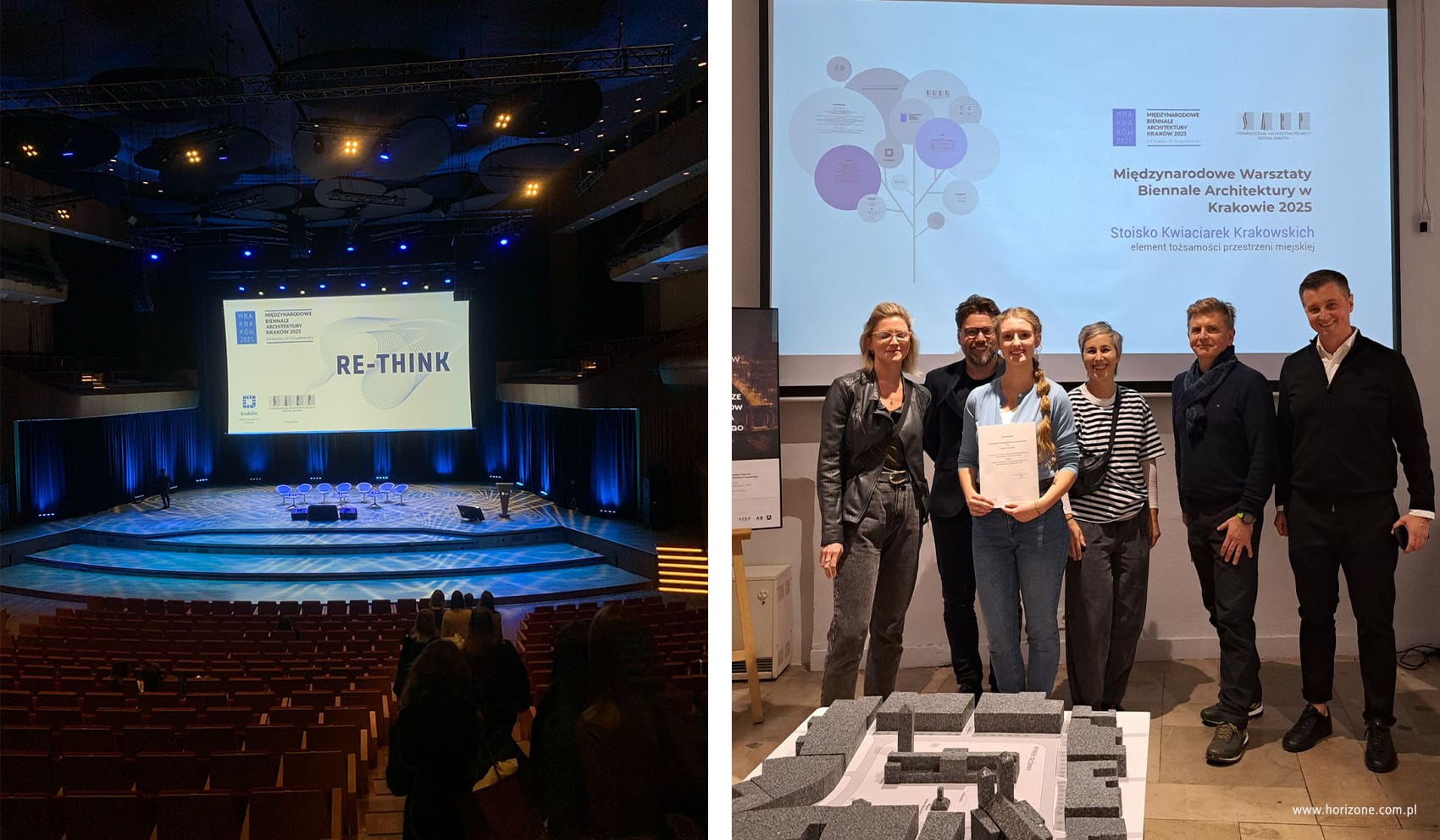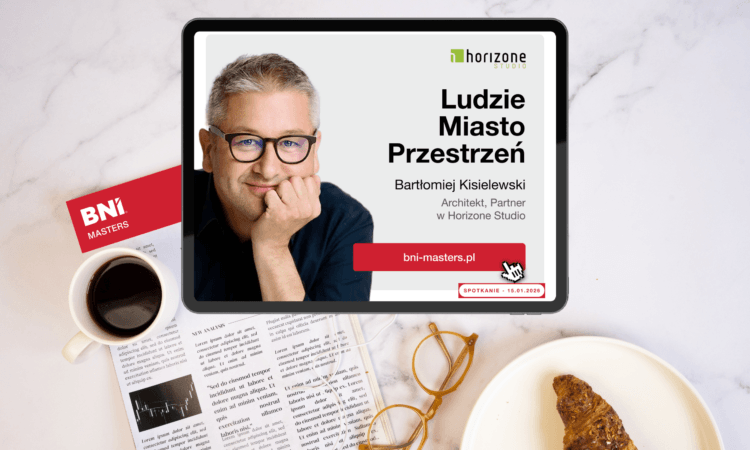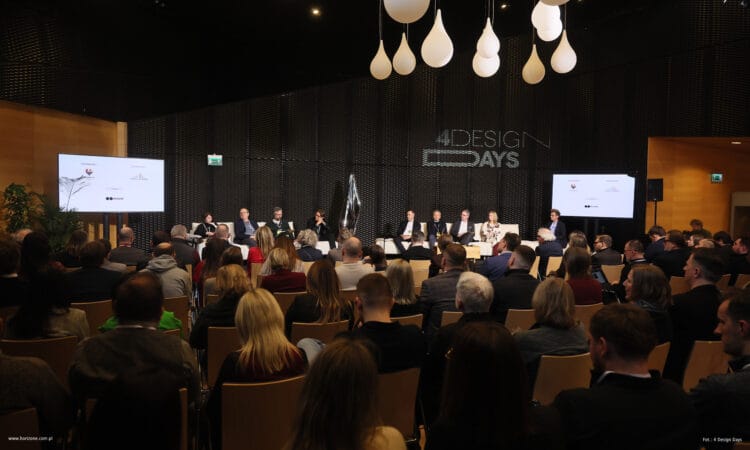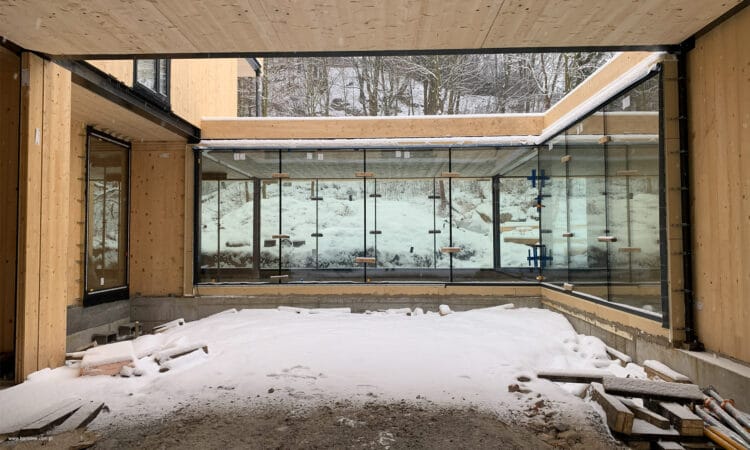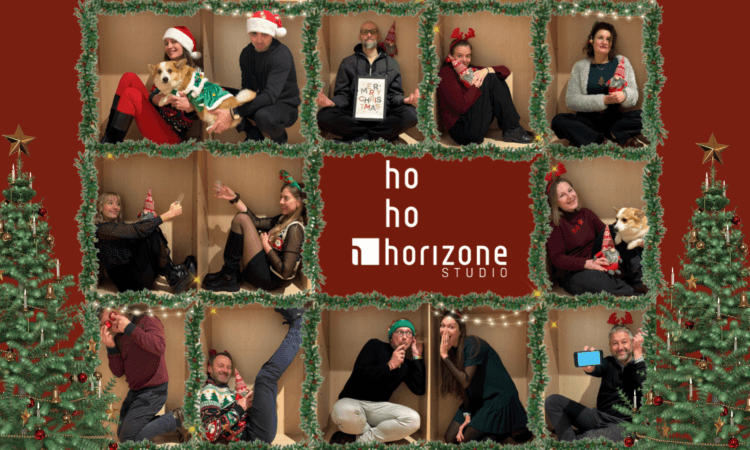The students’ work resulted in a collection of prototype stand concepts that address the needs of urban spaces: mobility, the ability to change locations, and various layouts depending on conditions, including weather and changing light conditions in the Main Market Square. After the workshops, the final concepts and prototypes were presented, consultations were held, and the results were exhibited as part of the accompanying biennial exhibition.
For us at Horizone Studio, such events are not only an opportunity to share knowledge and inspire younger generations of designers. They are also a reminder of the importance of the city and its future. When designing buildings, both in Krakow and other cities, we always consider the local context, history, identity, and needs of the place’s inhabitants. We want our designs to respond to real-world urban conditions and to contribute both functional and aesthetic value to the urban fabric.
We thank all workshop participants, tutors, and organizers for their commitment and creativity. We believe that the results of these workshops will inspire further urban planning and architectural projects, both in Krakow and beyond.

